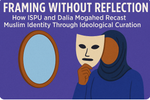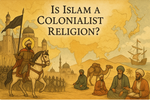Dr. Tim Orr
Tim’s experience is unique in that he holds six earned degrees. One is a master’s degree in Islamic studies from Islamic College in London, allowing him to study under Muslim scholars.


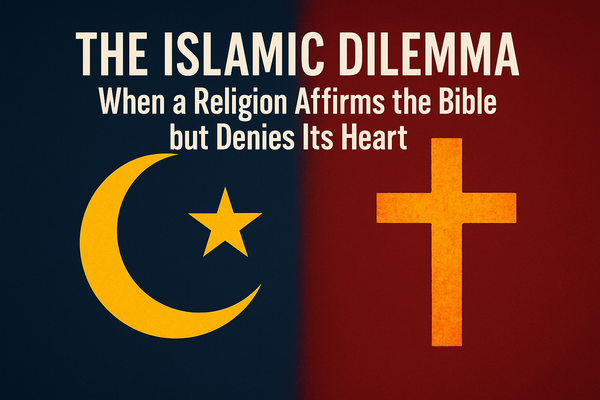
Before we can thoughtfully explore the tensions between Islam’s view of the Bible and the Christian understanding of Scripture, we must appreciate the weight of what’s at stake.
by Dr. Tim Orr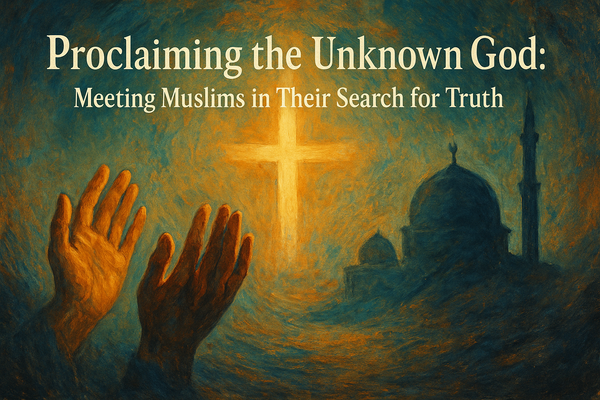
Rather than mock their misguided worship, Paul used their spiritual hunger as a bridge to share the gospel. “What you worship as unknown, this I proclaim to you,” he said. His words are as true now as they were in the first century.
by Dr. Tim Orr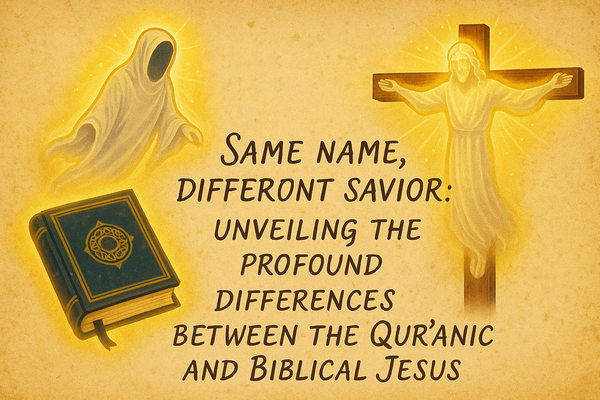
By Dr. Tim Orr The figure of Jesus stands at the crossroads of Christianity and Islam—revered in both, but
by Dr. Tim Orr
By Dr. Tim Orr Donald Trump’s Middle East diplomacy looked like a triumph in a world driven by headlines
by Dr. Tim Orr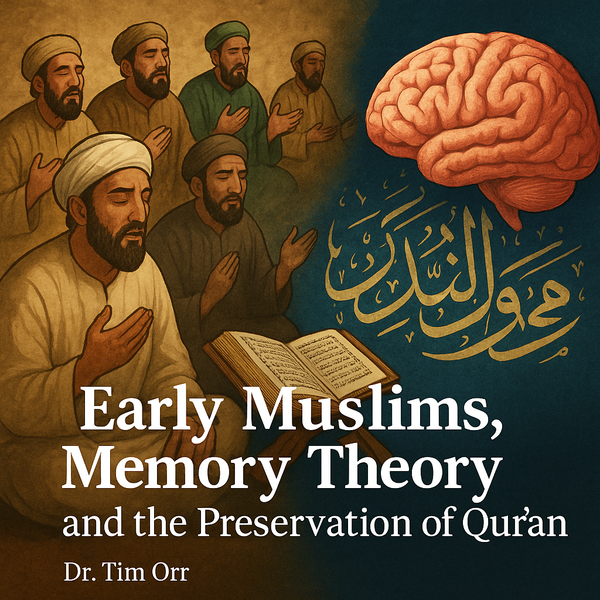
Shoemaker argues that oral cultures are not necessarily better at preserving texts word-for-word. His work raises a fundamental question: Is preserving the Qur’an a historical certainty or a theological conviction?
by Dr. Tim Orr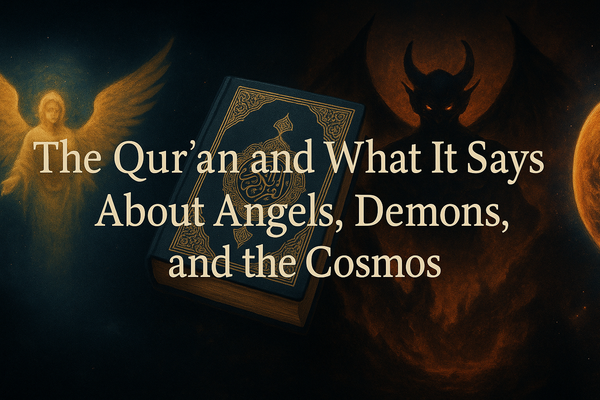
While much of Islamic theology is centered around the oneness of God (tawḥīd) and the authority of Muhammad as the final prophet, the Qur’an also reveals
by Dr. Tim Orr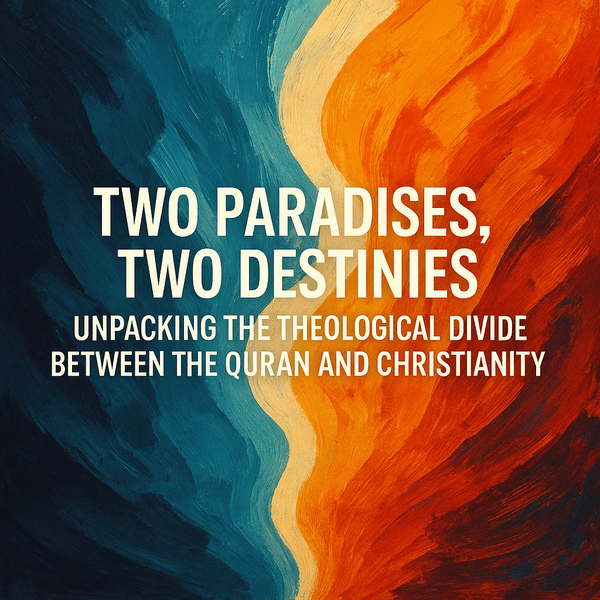
Every religion must answer: What is our ultimate hope? For Islam and Christianity—monotheistic faiths rooted in divine revelation and final judgment—this question isn’t secondary but central to their message and mission.
by Dr. Tim Orr
By Dr. Tim Orr In the next few blog posts, I’ll unpack some of the major themes that shape
by Dr. Tim Orr